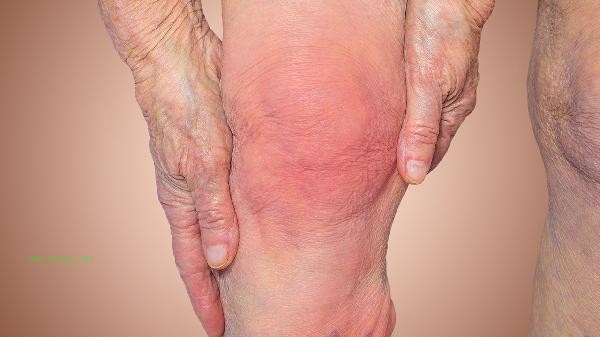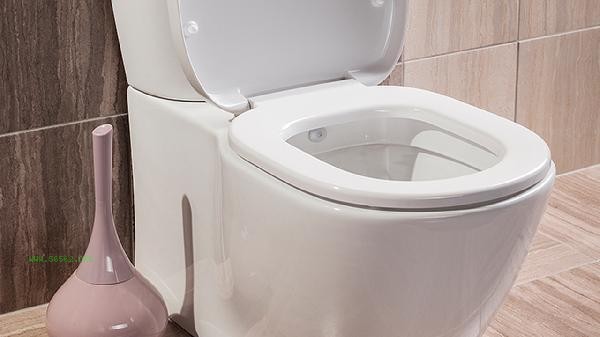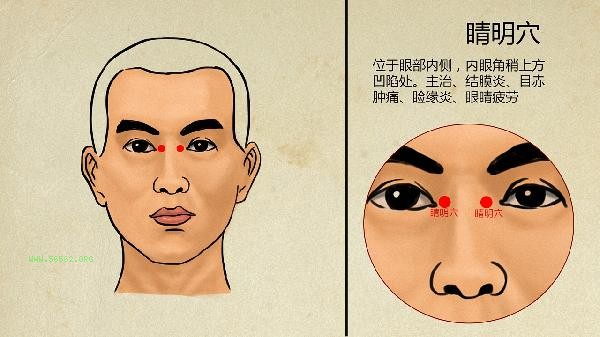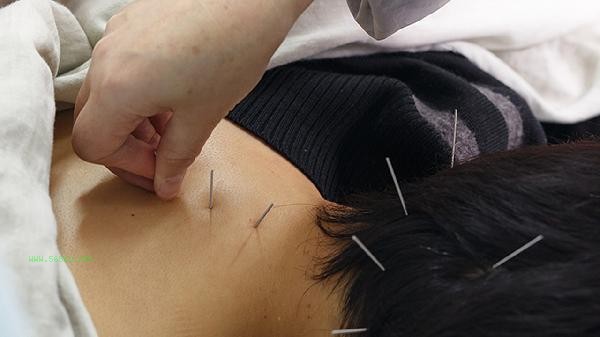The pain of a mother's buttock liposuction varies from person to person, but it can usually be effectively relieved through anesthesia and postoperative care. Local anesthesia or general anesthesia is used during liposuction, and postoperative pain can be managed through medication and appropriate care.

1. Pain control during liposuction process. Liposuction surgery is usually performed under anesthesia, and patients do not feel significant pain. Local anesthesia is suitable for small-scale liposuction, while general anesthesia is used for larger or more complex surgeries. Anesthetic drugs can block nerve conduction, ensuring a painless surgical process. The anesthesiologist will choose the appropriate anesthesia method based on the patient's specific condition to ensure the smooth progress of the surgery.

2. Postoperative pain management. After liposuction, there may be slight pain, swelling, and discomfort, which usually last for several days to a week. Doctors will prescribe painkillers such as ibuprofen or acetaminophen to help relieve pain. Wearing tight fitting clothes after surgery can help reduce swelling and promote skin recovery. Ice compress can also alleviate local discomfort, but direct contact with the skin should be avoided to prevent frostbite.
3. Postoperative care and recovery. After surgery, it is necessary to follow the doctor's nursing advice, including keeping the wound clean, avoiding vigorous exercise, and wearing tight fitting clothes. Proper rest can help with physical recovery, but light activities such as walking can promote blood circulation and reduce the risk of blood clots. Diet should choose foods rich in protein and vitamins, such as eggs, fish, and fresh vegetables, to help with wound healing. Regular postoperative follow-up to ensure good recovery. The pain of a mother's buttock liposuction can be effectively controlled through scientific anesthesia and postoperative care. The pain of liposuction surgery varies from person to person, but with anesthesia techniques and postoperative management, most patients are able to smoothly pass the recovery period. Following the doctor's advice and maintaining good lifestyle habits after surgery can help accelerate recovery and reduce discomfort. If there are any abnormal symptoms, such as persistent severe pain or signs of infection, seek medical attention promptly to ensure health and safety.










Comments (0)
Leave a Comment
No comments yet
Be the first to share your thoughts!